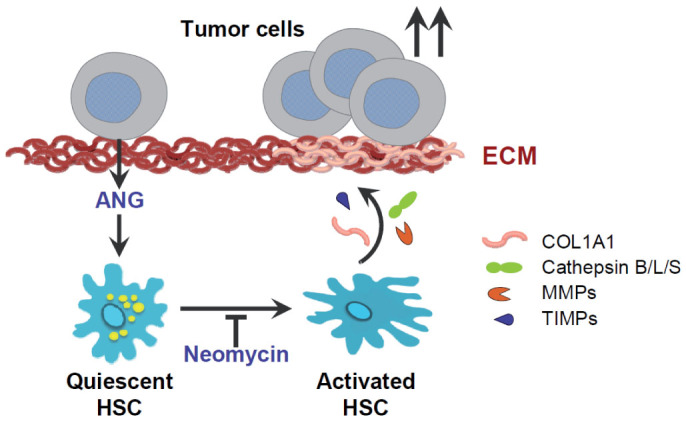Figure 8. Schematic representation of angiogenin role in HCC/HSC crosstalk.

Angiogenin secreted from hepatoma cells is an inducer of HSC transformation by changing numerous proteins involved in ECM remodeling. Among them, specific fibrillar components such as collagen, type I, alpha 1, encoded by the COL1A1 gene, are induced, as well as abnormal expression of enzymes that degrade type IV and V collagens and other extracellular matrix proteins, such us MMP9, tissue inhibitors of metalloproteinases (TIMP) or cysteine proteinases such as cathepsin B. Consequently, physiologic ECM formation is altered due to HSC induction, providing a profibrogenic environment that facilitates tumor growth. In summary, liver tumor promotes its own development via angiogenin-dependent HSC activation, and antagonism of angiogenin signaling, as neomycin does, may be an interesting approach to halter liver cancer progression.
